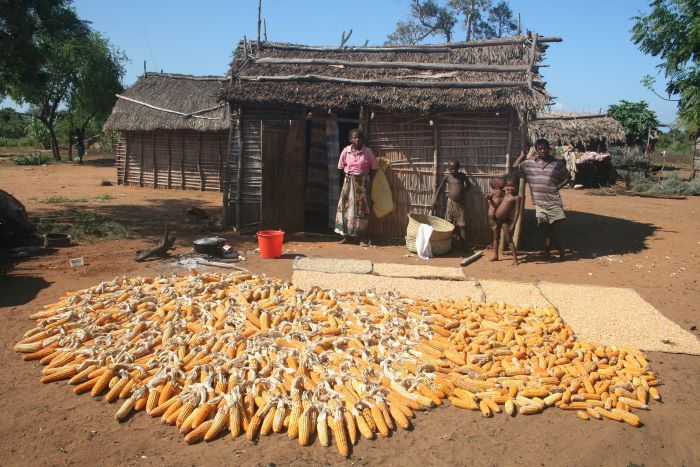ACE
Countries / Regions
Senegal, Kenya
Partners
University of Reading, University of Oxford, Met Office, AfClix
Funders
NERC
Project Team
Miss Hannah Parker, Prof Ros Cornforth, Emily Boyd, Rachel James, Friederike Otto, Myles Allen, Dann Mitchell
Background
How is climate change already affecting Africa? Has it already increased the risk of drought for African farmers?
Given limited progress in reducing greenhouse gas emissions and uncertain potential for adaptation to many impacts, attention in vulnerable regions and sectors is turning to the question of “loss and damage”. Who should bear the costs of human influence on climate that cannot be neutralized by adaptation?
This debate is impeded by lack of robust estimates of what these costs are. Despite concerted efforts to compile inventories of emissions, there is still no coherent inventory of climate change impacts in the context of other drivers of regional environmental change.
Many of the most important impacts of climate change are related in some way to high-impact weather events (HIWEs), such as floods, storms, droughts and extremes of heat and cold. Hence compiling an impact inventory requires documenting the impacts of individual events and how, in turn, these events are affected by multiple climate drivers, both anthropogenic and natural, and internal climate variability.
The most extreme weather events, by definition, are relatively rare, so their occurrence is dominated by chance. Attribution depends on simulation models, whose reliability can be tested and if necessary recalibrated using well-established procedures developed for seasonal forecasting.

Our Research
This project makes use of the large-ensemble capability provided by the climateprediction.net weather@home volunteer computing network, in which members of the public are now performing multi-thousand-member ensemble weather simulation experiments.
Accurate assessment of the influence of external climate drivers requires explicit modelling of impact risk, not simply weather risk, so the project team works with impact modellers across Africa to assess the implications of our weather simulations for changing impact risk.
Our Research
This project makes use of the large-ensemble capability provided by the climateprediction.net weather@home volunteer computing network, in which members of the public are now performing multi-thousand-member ensemble weather simulation experiments.
Accurate assessment of the influence of external climate drivers requires explicit modelling of impact risk, not simply weather risk, so the project team works with impact modellers across Africa to assess the implications of our weather simulations for changing impact risk.

